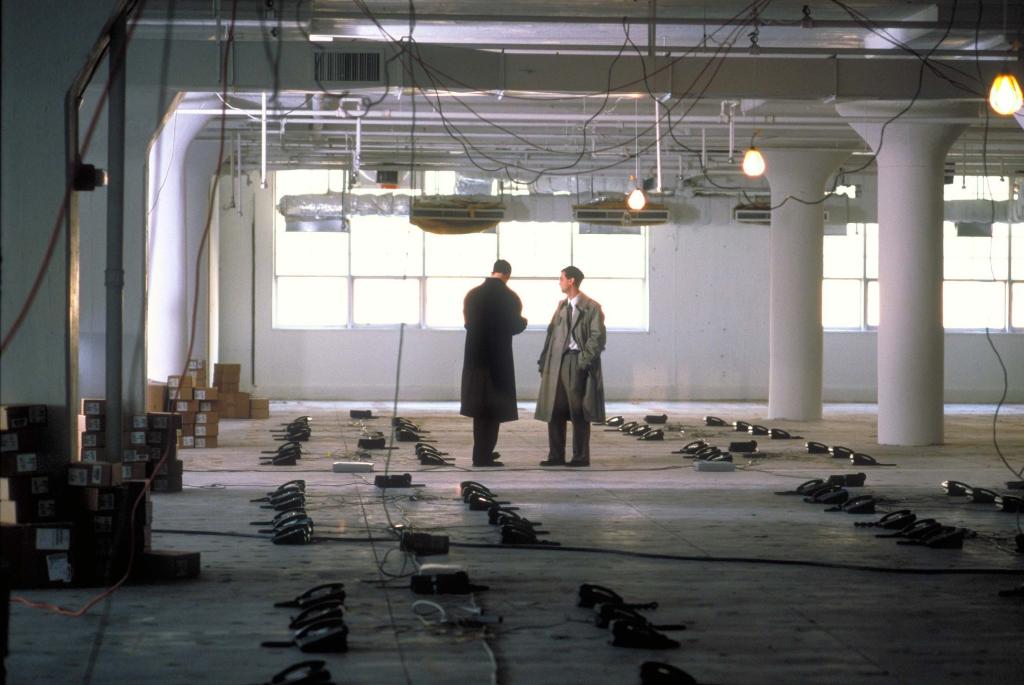Haha... I would just keep calling and try to sign up whenever - even if they can only add a couple payers you don't have now or better rates on even one or two. Most are worthwhile as an adjunct to even your own good credentialing and CAQH work.
Like I said, most of the PHOs and IPAs don't really do much besides some credentialing of new docs they add (hence why they cost to join yet are usually free or much cheaper to renew). They get the group rates on codes almost automatically since they save the payers time; they don't really have to do much on that end. One decent credentialer with a bit of internal or external help can take care of signing up payer/hospital apps for dozens of docs in a MSG or large group, so it is probably just what you said if it's a smaller IPA (one person with mostly remote work and outside help). Even most pretty big IPAs just have a couple staff and a couple docs listed for their guidance and contacts. Your description makes it sound pretty ominous and boiler roomy, though... you'd expect Vin Diesel (or even Neo) to jump out of the dark concrete corners.
It was slightly cleaner than the above but I did keep looking over my shoulder. Perfect world the locals would get back to me because otherwise I'm going to have to try groups in cities hours away. I looked at the websites for 2 large IPA that both contained large numbers of podiatrists. Both were trivially affordable though I'd pay thousands for a 20% increase. One of them I read all their application paperwork and saw nothing that would make me lose hope. Interestingly, one of them had a password protected section of their website literally entitled "fee schedules". Like you said though - pretty certain I'd accept someone else's schedule without looking because there's no world where MDs are accepting what I'm currently getting. I was pleased to see essentially every plan but 1 that I accept on their list. This is an interesting process.
So for anyone who hasn't done this before.
-IPAs do seem to have websites
-They often list their board / officers etc
-There's apparently historic issues with anti-trust issues because technically IPAs represent individual practices that are competing but if competitors join together to then target an insurance company ie. none of the members will accept the payors offer then that could represent anti-trust type behavior. I'm not a lawyer. This is a cursory explanation. Essentially you are working together in concert even though you are competitors.
-Apparently they get around the above by using the "Messenger Model"
-They often list insurers that they have "Master Agreements" with
-They essentially become your attorney at fact or something like that for representation/discussion with managed care, insurance etc
-There original purpose was related to negotiating with managed care / capitated contracts etc ie. managing and taking on risk
-However, a lot of that has apparently gone away since capitation is way less common though Medicare wants the future to be value based contracts instead of fee for service
-IPAs sometimes provide list of their members (which is helpful if you wonder will they accept a podiatrist)
-There often is some sort of review/qualification process based on something called like NCQA or something like that
-The paperwork though essentially resembles the kind of tedious horrible stuff you get from CAQH where you have to list your entire life and spell out everything including how you handle admissions ie. what hospitalist will accept from you



